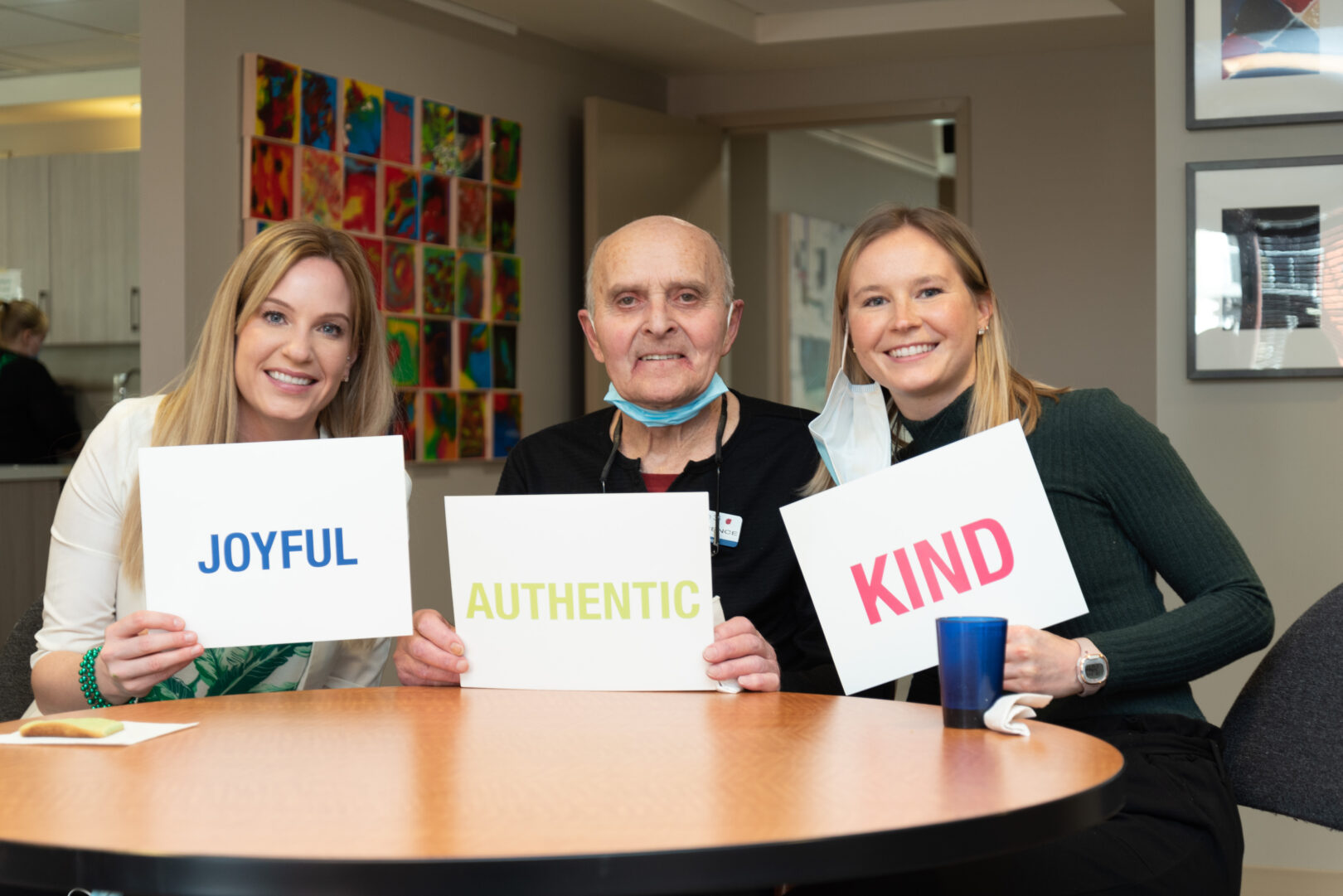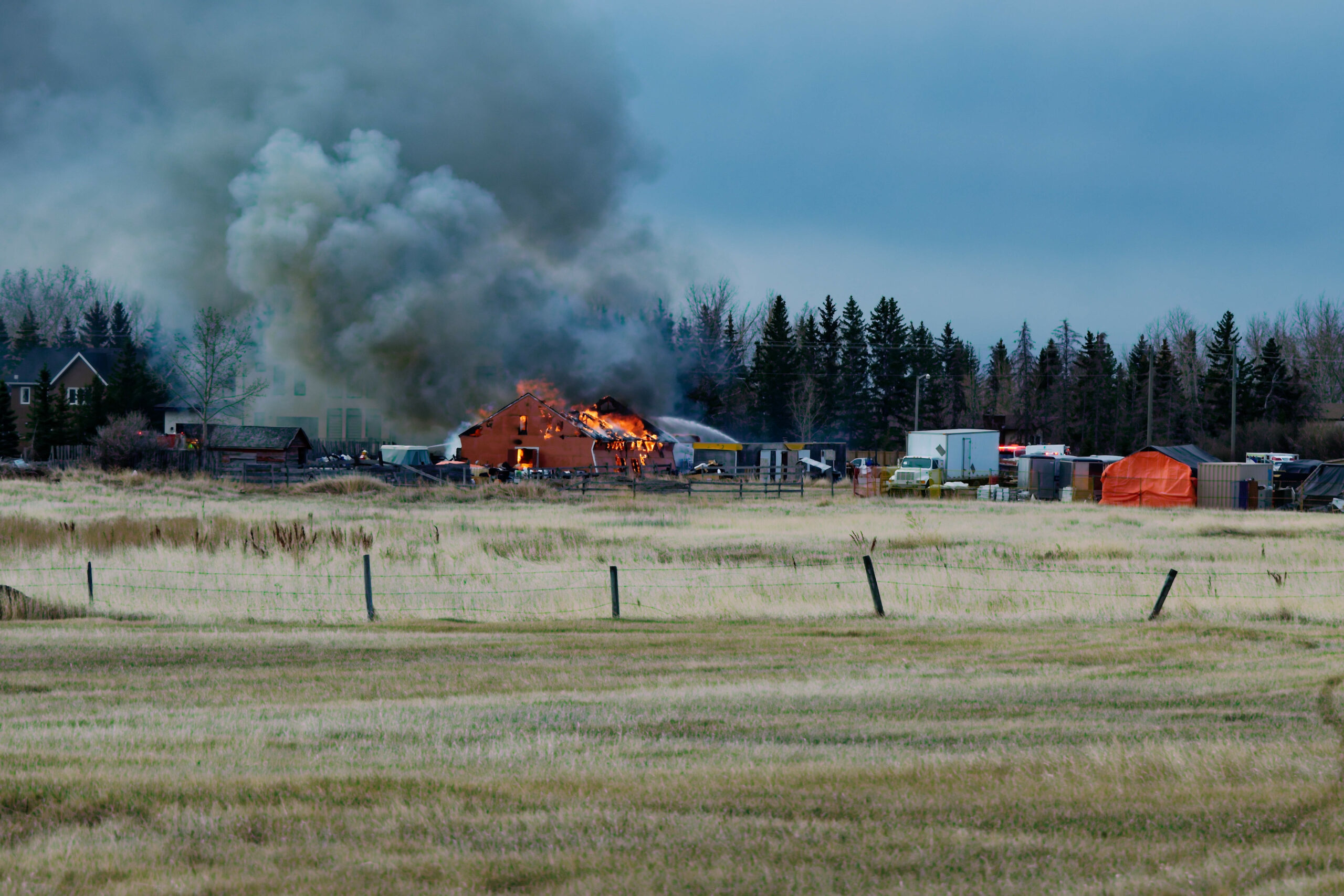In conjunction with Seniors’ Week, Alzheimer Calgary is working to support those impacted by a dementia diagnosis.
Throughout Seniors’ Week from June 5 to June 11, Alzheimer Calgary is reminding Albertans the likelihood of someone they know being impacted by dementia increases as the senior population grows, an Alzheimer Calgary press release said.
The Alzheimer Calgary website explained that dementia is used as a general term to describe symptoms such as memory loss, challenges with thinking and decision-making, communication difficulties, and changes in mood and behaviour that affect daily life.
“Seniors are one of the fastest-growing age groups in southern Alberta. This notable demographic shift serves as a poignant reminder that as our population ages, we will inevitably be faced with new challenges as our loved ones grow older and approach the later stages of life,” the release said.
Alzheimer Calgary is working to increase understanding of how dementia occurs, the warning signs, what life can be like after a diagnosis, and what resources are available.
Alberta-based research indicated that 57 per cent of participants agreed that Alzheimer’s disease and related dementias were the health condition they feared most in the future, 51 per cent had someone close to them develop dementia, and 58 per cent were concerned they could develop dementia, the release said.
Based on the findings of the survey, Alzheimer Calgary is also working to clear up misconceptions surrounding dementia while bringing hope and understanding to those impacted by a diagnosis.
The first misconception is receiving a diagnosis is the end.
“People can live for many years before reaching late-stage dementia and should be seen for the person they are, beyond their disease. They often retain their personalities, interests and activities. They are still themselves and there is often much more life left to live,” the release said.
The second misconception Alzheimer Calgary is fighting is that dementia is an inevitable part of aging.
“Alzheimer’s disease and other types of dementia are not an inevitable part of aging,” the release said. “This can happen to anyone and is not primarily genetic. These are physical diseases of the brain that affect more than memory.”
For additional information, and resources visit Alzheimer Calgary.










